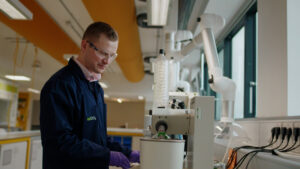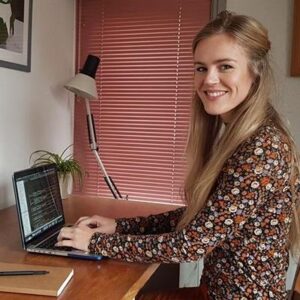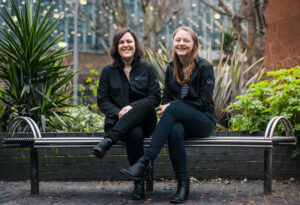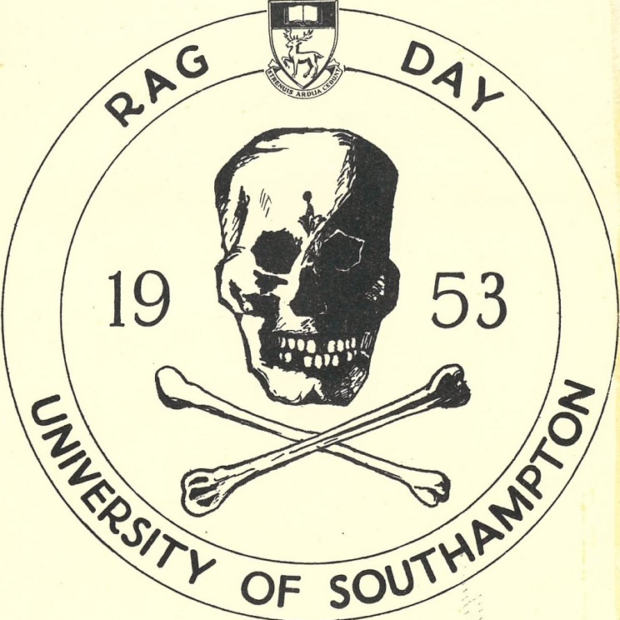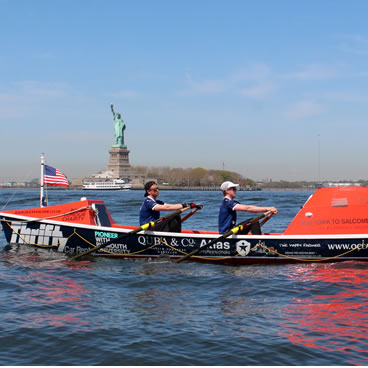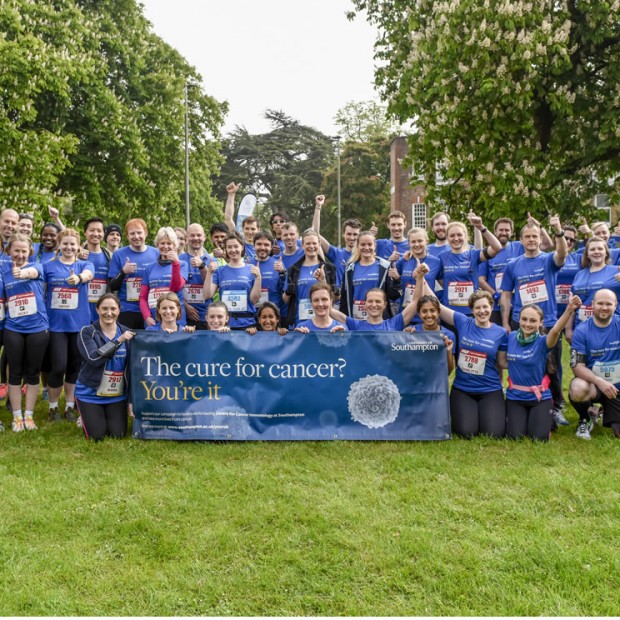Hartley News Online Your alumni and supporter magazine
Future Worlds, our on-campus startup accelerator, exists to help aspiring students and staff (or ‘Founders’) make their first steps into the world of entrepreneurship.
Alongside the business school, Future Worlds is building an entrepreneurial culture where talented people are supported in taking great ideas and applying them to the real world.
Set up in collaboration with alumnus and entrepreneur Reuben Wilcock in 2015, Future Worlds has gone from strength to strength, with a thriving mentor network and a wealth of opportunity for Founders to develop and grow their business ideas.
Everything that Future Worlds does is based on the fundamental principle of “Founder First” – putting the budding entrepreneurs at the centre of everything. Support is offered with no strings attached, in the knowledge that this approach produces collective outcomes that drive the best long-term results for the University and the wider Southampton community.
Future Worlds doesn’t charge or take any equity for help, including support from a wide range of experts, founders and investors. Many of those who help with new startups are University of Southampton alumni themselves, and everyone gives their time for free.
Former Future Worlds Director and current mentor Reuben, says: “Our mentors don’t expect anything in return, they are simply inspired by the passionate entrepreneurs we support, fuelled by their memories of being helped by their own mentors when they first started out.”
This support includes a Founders cohort programme that includes taking the founders to San Francisco and Silicon Valley to introduce them to our network there. The Founders also have the opportunity to pitch as part of London Tech Week.
To find out more about Future Worlds, or to offer your help as an expert, mentor, or investor, contact givetime@soton.ac.uk.
Or you can sign up to the Future Worlds monthly mailshot to keep up to date with startups that have benefited from the programme.
Founder stories
Dan Stewart is the CEO and co-founder of ViridiCO2, a spinout pursuing the goal of getting to net carbon negative.
Dan’s early interest in the environment and his scientific curiosity led him to pursue a PhD at the University of Southampton School of Chemistry. It was there he discovered a hybrid catalyst platform that can efficiently and sustainably convert carbon dioxide into versatile materials. This method of Carbon Capture Utilisation is a major step towards the UK achieving net zero by 2050.
The ViridiCO2 platform was recognised by the Royal Society of Chemistry (RSC) as a winner of its prestigious 2020 Emerging Technologies Competition and Dan was listed in the Forbes 30 Under 30 in 2023.
Dan said: “It’s an absolute honour to be in the Forbes 30 Under 30 class of 2023, amongst a truly inspiring group of amazing entrepreneurs and trailblazers. This recognition is testament to the vital work we are doing at ViridiCO2 to make manufacturing processes more sustainable, and to achieve net zero.”
You can watch a short film about Dan and ViridiCO2 here.
Iris Kramer is an archaeologist turned computer scientist who secured a £70,000 investment during a Future Worlds Dragons’ Den event. Her startup, ArchAI, is accelerating and de-risking lengthy and expensive planning processes for developers and saving historical sites from unnecessary destruction by automating archaeological assessments.
The technology taps into techniques she honed whilst undertaking her Computer Science PhD at Southampton, which is the first in the world to apply deep learning to the detection of archaeological sites from Earth observation data.
“My vision is for an integrated web application where our AI dramatically improves speed and accuracy in the environmental assessments market,” Iris says. “Starting with archaeological predictions of greenfield sites, we enable developers to quickly identify optimum locations and provide insights that help avoid severe delays or rejected planning applications.
“By using our technology over conventional techniques, developers could save £150,000 in costs in addition to time savings of six months on a major housing or road development of 100 hectares. Going forward there are wide ranging environmental challenges globally that our world-first technology can address.”
Find out more about Iris, here.
Jade Cohen got her first taste of sustainable business at university, where she got involved in social enterprise projects. After graduating, she worked as an environmental advisor within the construction industry, which provided her the drive to make a difference in terms of waste and carbon emissions. With support from Future Worlds, she set up Qualis Flow (or QFlow), a construction tech company committed to reducing carbon in construction.
Speaking about her experience starting her business, Jade said: “It’s carnage, of course it’s carnage, the very early days. You think you have an idea and that idea ends up changing a hundred times, and it’s a good thing that it changes. You should actually celebrate the failures.”
Watch Jade discussing her journey here.

